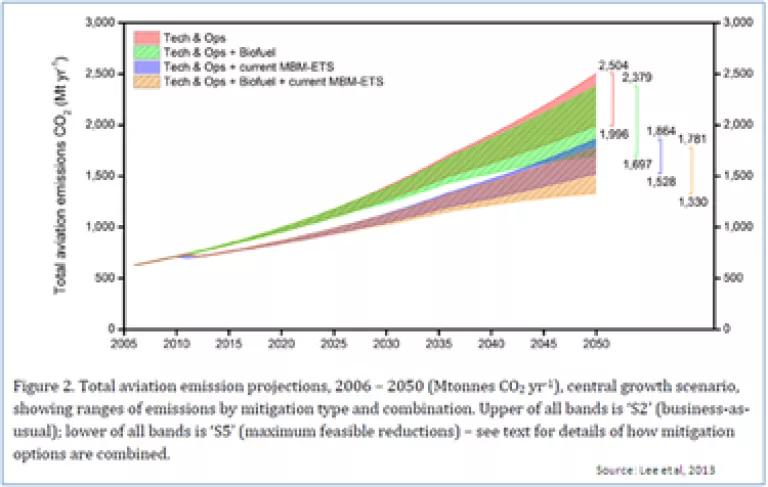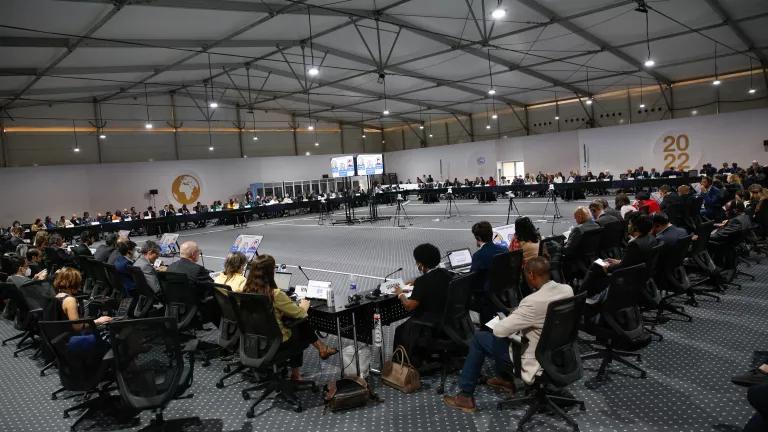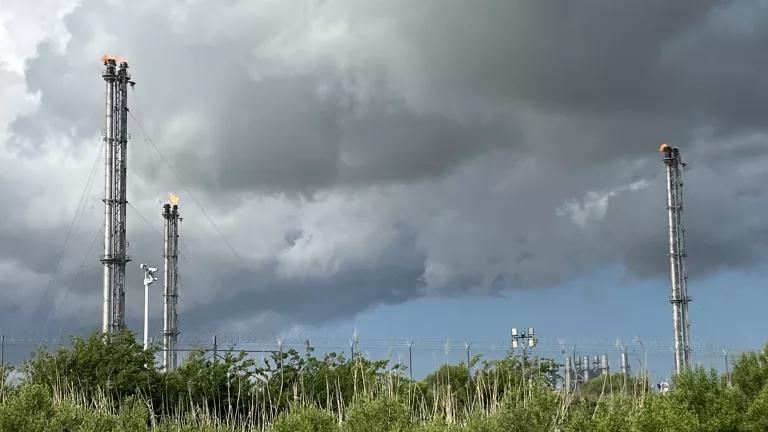Aviation is a major contributor to global warming with its pollution projected to grow significantly if left uncontrolled. With devastating droughts, floods, fires, and storms devastating communities around the world, we need all the global warming reductions we can get. The aviation sector shouldn’t be left off the hook to help address global warming. Next week Secretary Kerry has the chance to help advance an international agreement to cut aviation’s global warming pollution. It is time for his leadership on this issue.
Key countries will meet – on March 25-27 – in Montreal for a “High-Level Group” meeting of the International Civil Aviation Organization (ICAO) – the U.N. body established in 1944 to regulate international aviation. This High-Level Group—which includes representatives from the U.S., Europe, China, India, Brazil, Japan, and Mexico – are tasked with developing a global agreement to reduce aviation’s carbon pollution. Unfortunately the negotiations aren’t going well as the U.S. has been resisting proposals that put in place a global approach. Instead the U.S. has been favoring an approach that would leave the vast majority of emissions uncontrolled – those over the high-seas. This is a position that John Kerry dismissed when he was Senator. The U.S. is a major player in global aviation, so other countries like China and India aren’t feeling the heat to shift their position as the U.S. isn’t pressuring them to secure a real global solution.
After 15 years of waiting for international action, Europe put in place a law to control the carbon pollution from flights using European airports. But that law was challenged by U.S. airlines – like United and American airlines – and other countries. Now the European program has been put on hold for one year to allow for ICAO to put together an agreement to reduce aviation’s carbon pollution. Failure to act on a global solution will automatically lead the European’s to reinstate their program as the European Parliament recently reinforced.
The aviation sector should not be exempt from standards to combat global warming. Aviation is a significant contributor to global warming – it would be the 7th largest emitter in the world if it were a country. Left uncontrolled its emissions are projected to almost double by 2030. More efficient airplanes, technologies to fly smarter, and sustainable biofuels are already available. Implementation of these measures will help decrease carbon and other air pollution, while also saving costs on fuel.
But a recent study by a preeminent aviation researcher found that even the most aggressive deployment of technical, operational, and biofuels measures would still result in a growth in aviation’s pollution (see figure).

A global agreement will help spur airlines to quickly introduce these technologies into their fleet and ensure that the carbon pollution from aviation doesn’t grow unchecked. We don’t have the luxury of waiting for the industry to implement these measures on their own – they need a policy that encourages them to speed up the deployment of these technologies.
As a senator, John Kerry was a leading advocate for action on global warming. Now, as the new Secretary of State, he has the opportunity to help reduce aviation’s growing global warming pollution. As he said as a Senator regarding aviation: “We’ve got to have an international agreement.” We couldn’t agree more.
Please tell Secretary Kerry to act now to help reduce aviation’s growing carbon pollution and secure an international agreement.




